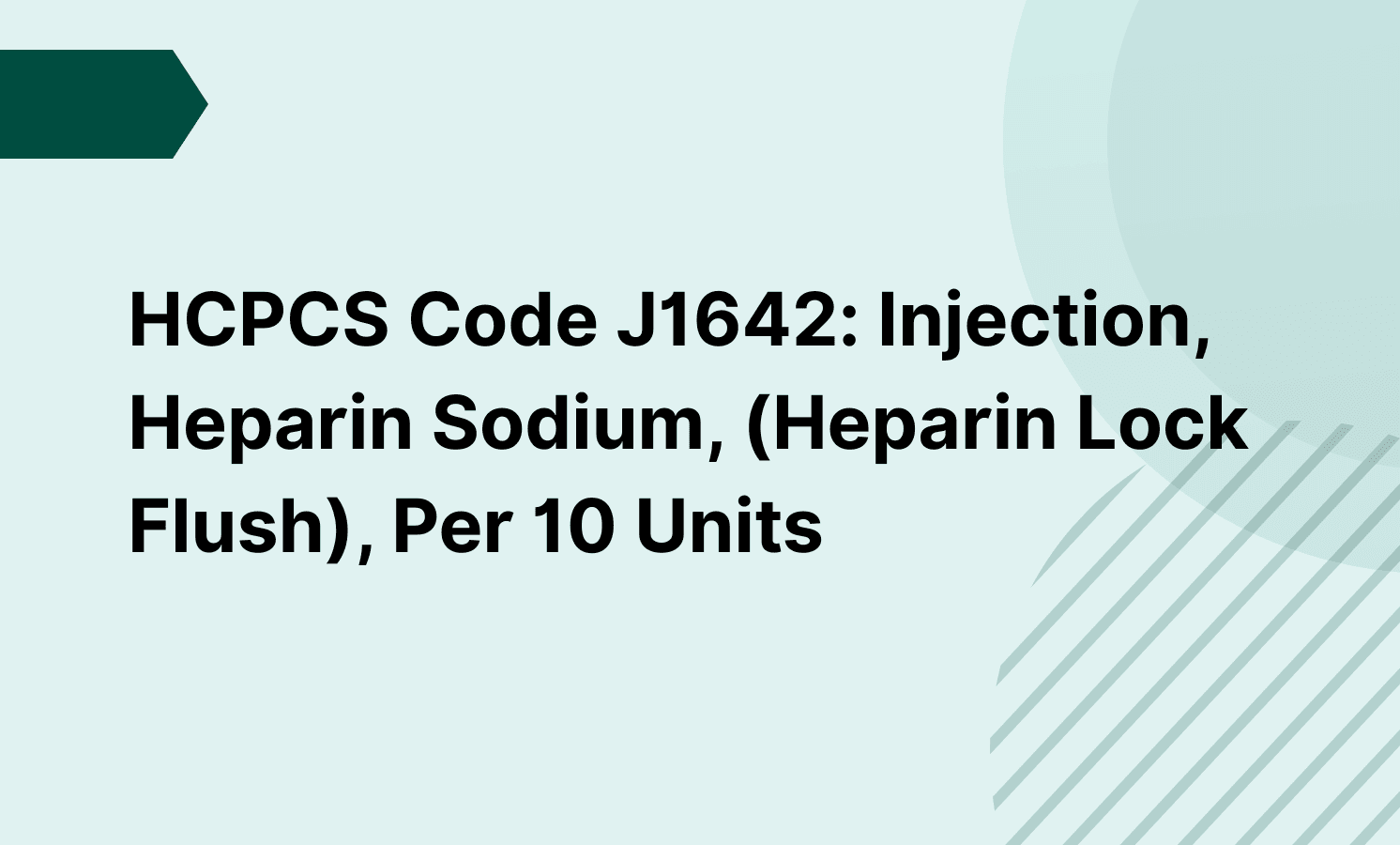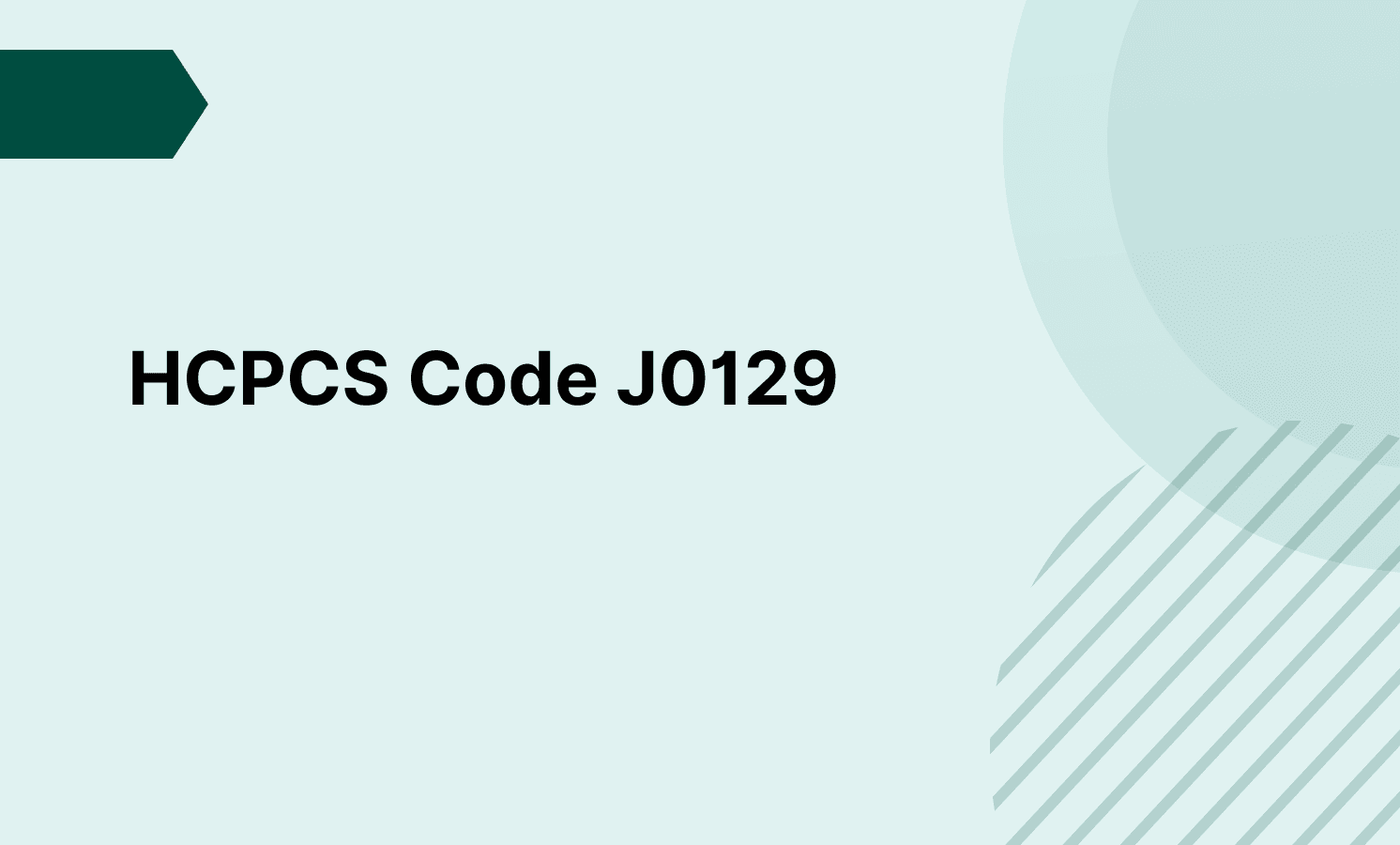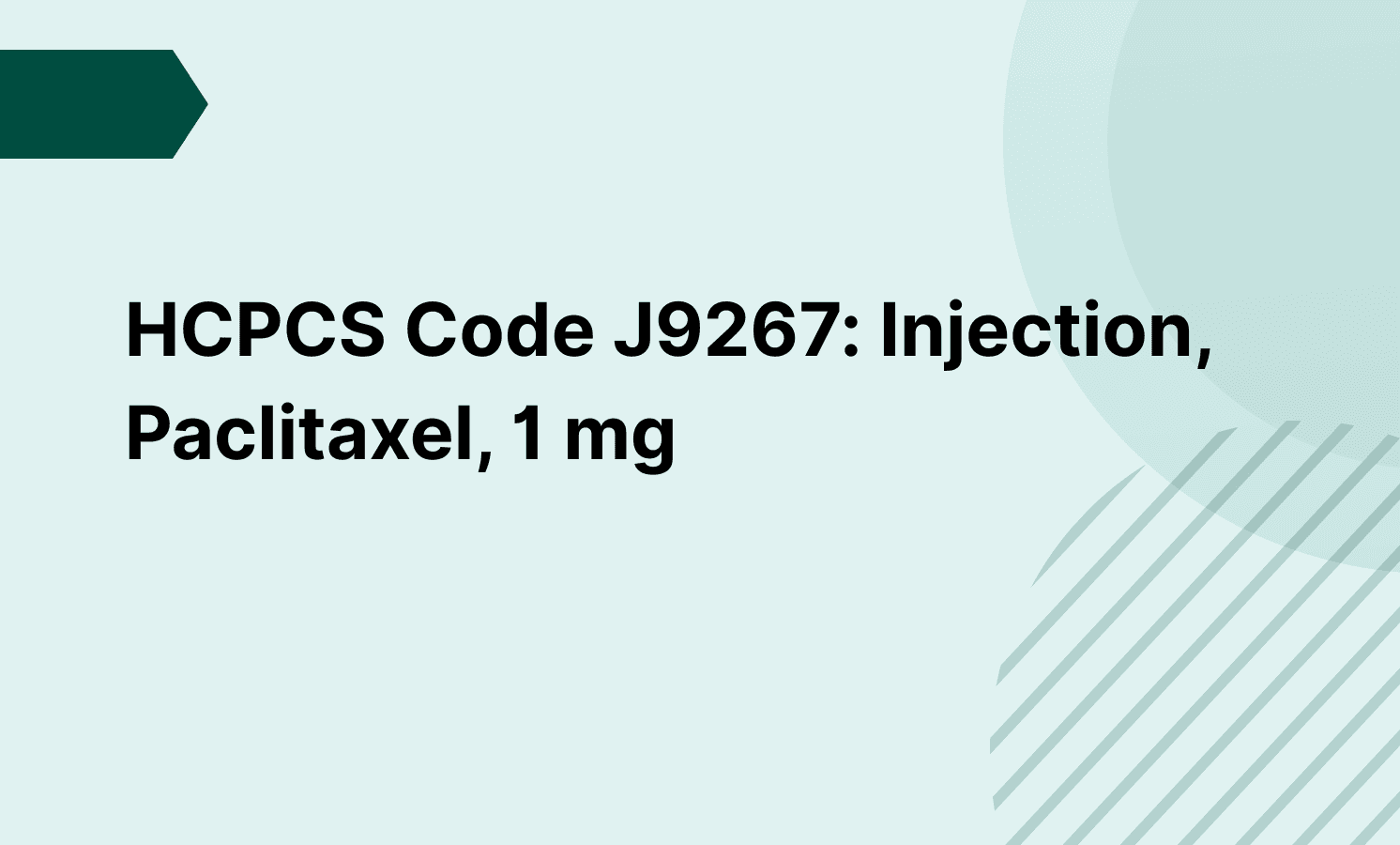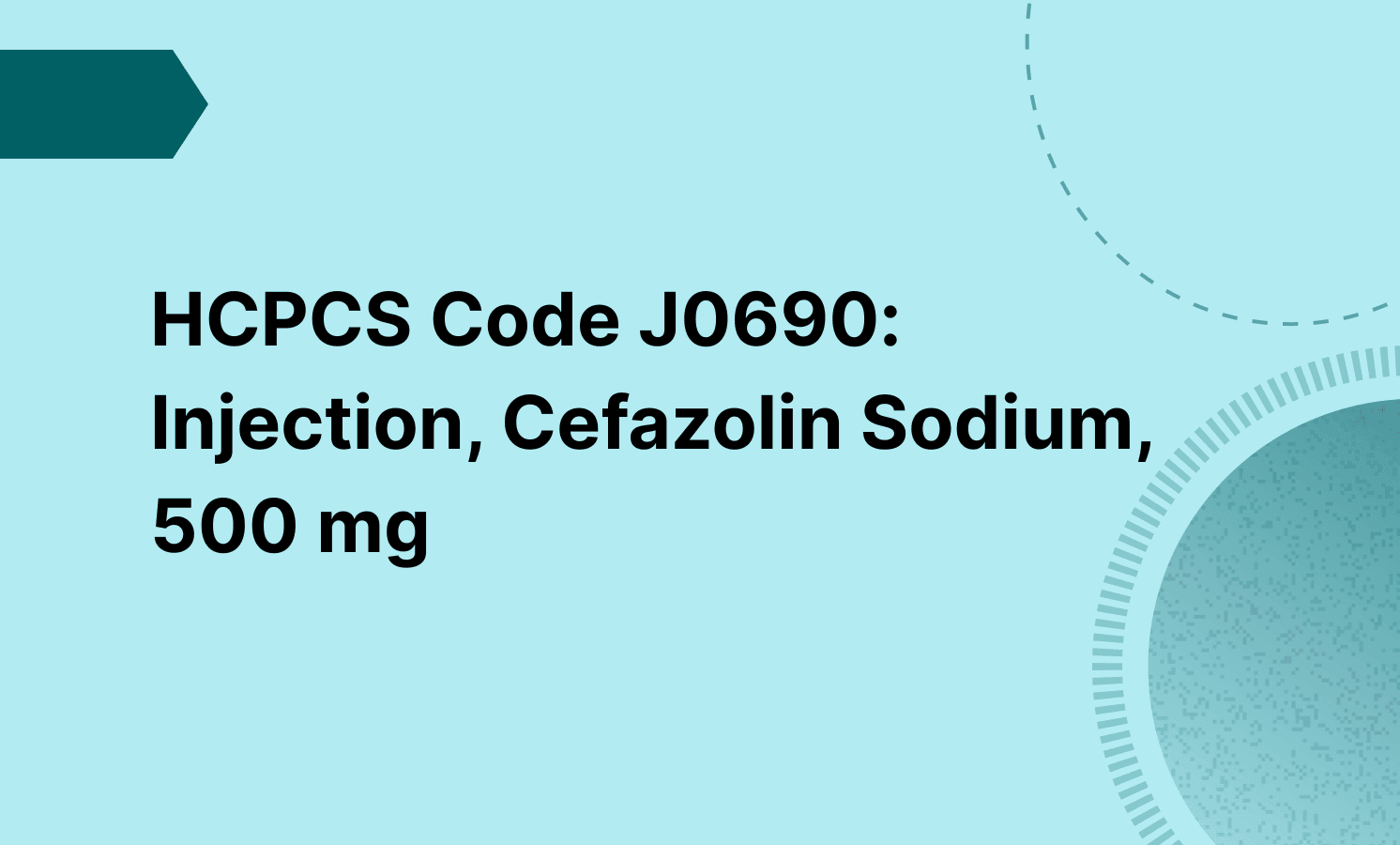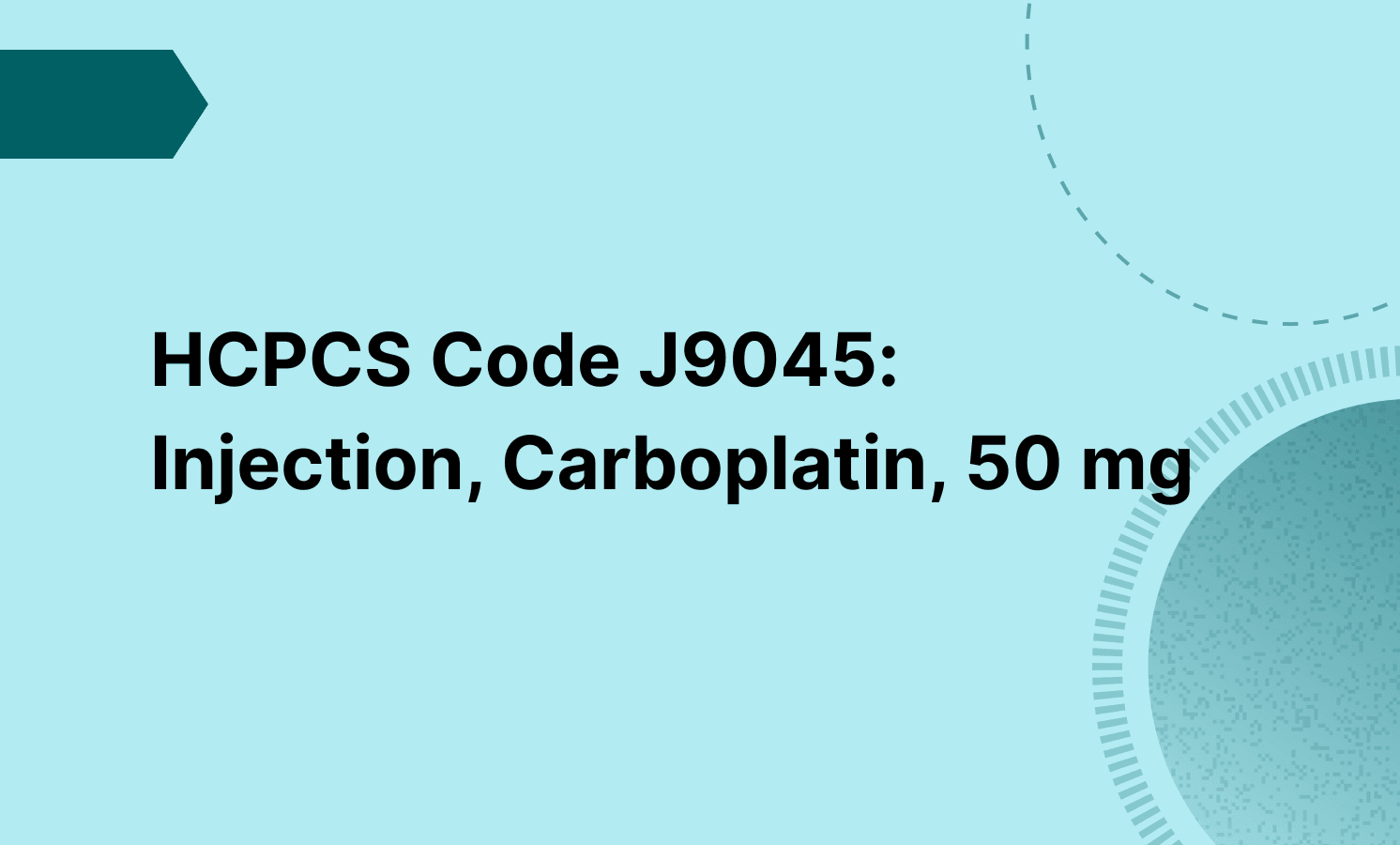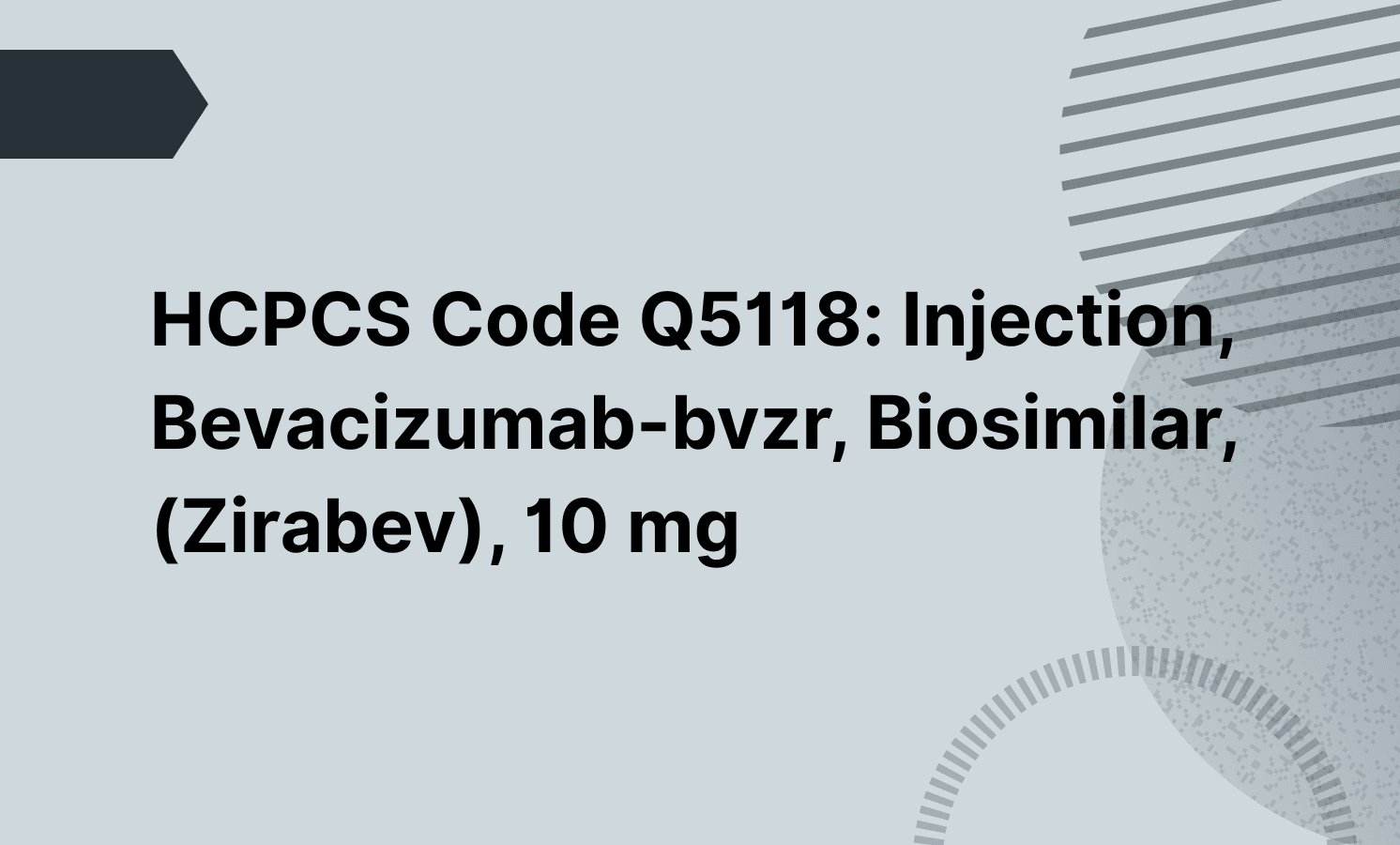CPT 96116 generally cannot be billed on the same day as comprehensive neuropsychological testing codes unless you clearly document separate encounters with distinct clinical indications, times, and purposes.
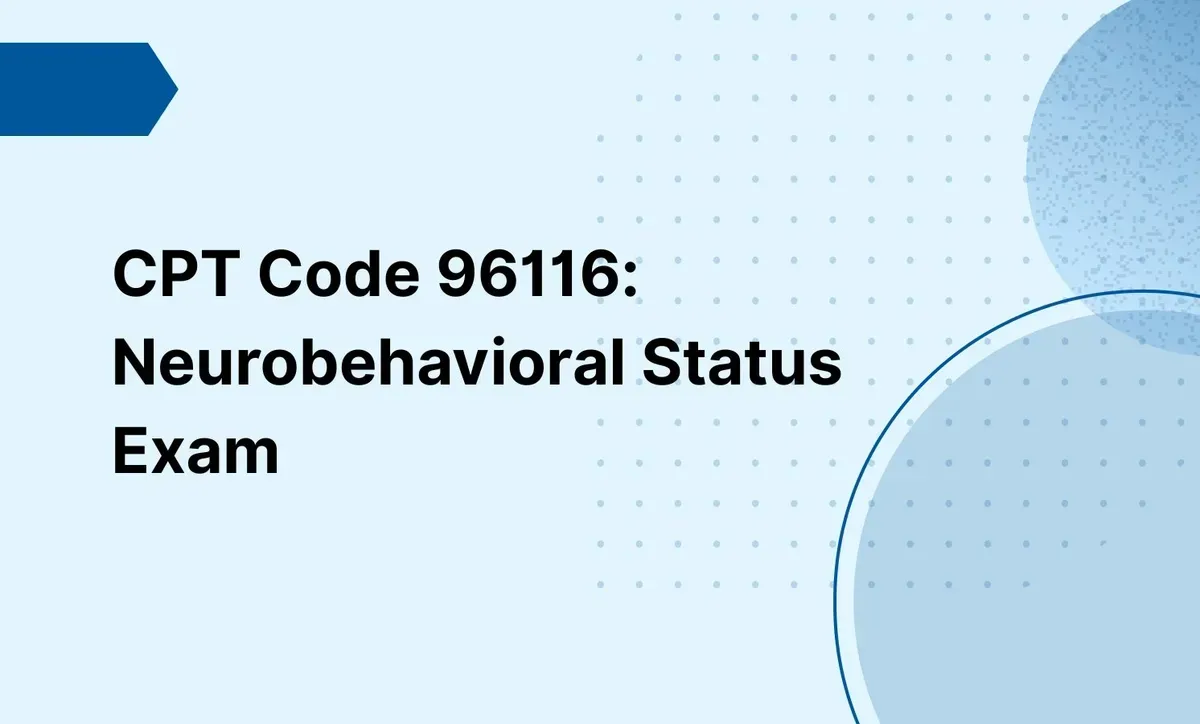
CPT Code 96116: Neurobehavioral Status Exam
Learn about 96116 CPT code for neuropsychological billing. Enhance your billing efficiency and ensure compliance. Read the article now!
Frequently asked questions
Yes, CPT 96116 is a time-based code covering the first hour of clinical assessment, including face-to-face patient interaction, interpretation of results, and report preparation. Additional time beyond the initial hour is billed using CPT code 96121.
CPT 96116 can be billed by physicians or qualified healthcare professionals, such as neurologists, psychiatrists, neuropsychologists, psychologists, and other licensed clinicians trained to perform neuropsychological evaluation services and interpret cognitive testing results.
EHR and practice management software
Get started for free
*No credit card required
Free
$0/usd
Unlimited clients
Telehealth
1GB of storage
Client portal text
Automated billing and online payments

